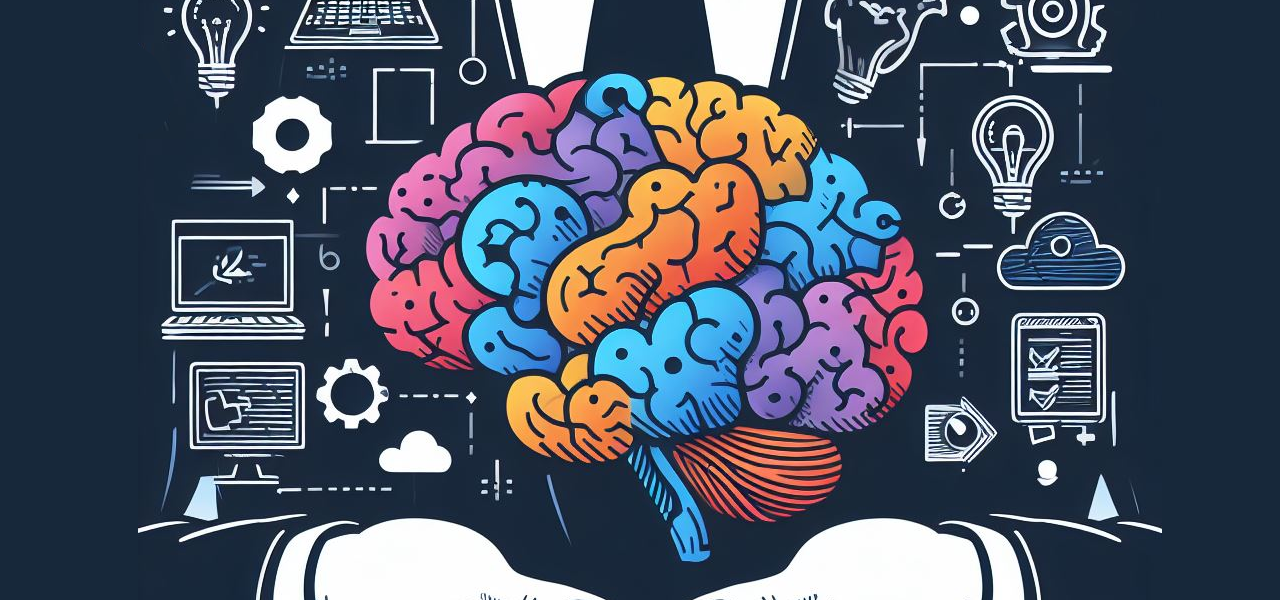Long Term Memory Loss and How to Prevent it

Long term memory loss affects millions of Americans each year. In fact, it’s a phenomenon that gets more prevalent each year: as the number of stimulants the average American takes each day to stay awake or go to sleep or think more clearly or relax, so does the number of reported cases of long term memory loss.
It has been suggested that the diet and lifestyle of Americans today contribute to a higher risk of long term memory loss than the lifestyle and diet of Americans just 10 years ago. This has broad implications, both medically and socially, and health care professionals are aware of this. Two approaches to long term memory loss have been developed over the past few years — used independently of each other or in conjunction, they can help in America’s fight with long term memory loss.
Long term memory loss prevention
Long term memory loss can be adequately prevented with daily exercises. Just like exercises for the body — like push-ups or bicep curls — the human brain can be kept “in shape” and astute. Simple brain fitness exercises can keep your memory sharp and prevent the curtailing of long term memory.
These games are relatively simple and can be done each day, even during a morning commute or lunch break. Examples are simple counting exercises, such as counting the number of a certain types of car on the freeway and trying to keep track of those numbers mentally. Many people swear by such exercises and feel that they’ve made all the difference in preserving their long term memories.
Long term memory loss treatment
Fortunately, memory loss can be treated even after it has taken root. The human memory is akin to normal tissue, which can grow back after it has deteriorated. Memory treatment can include traditional medical treatment through chemical application. Memory loss treatment can also be treated through dietary adjustment — some naturally-occurring vitamins and herbal elements have been proven to improve long term memory performance and to reverse the effects of aging on memory.
Examples of these herbal remedies include Ginkgo biloba, a naturally-occurring herb which has been proven to increase blood circulation to the brain, aiding in memory loss prevention. Another such herb is Vinpocetine, which provides the same effects and is cultivated from periwinkle flower leaves. Huperzia serrata is a rare flower that has shown effectiveness in fighting Alzheimer’s disease. All three of these ingredients can be found in over-the-counter memory loss products such as Constant Focus.
Brain Health and Memory Loss
Much like athletic performance, the performance of one’s memory is directly correlated to the health of their brain. Constant Focus, a herbal brain supplement, is an excellent way to keep your brain astute and sharp and to ward off the negative effects of long term memory loss.



